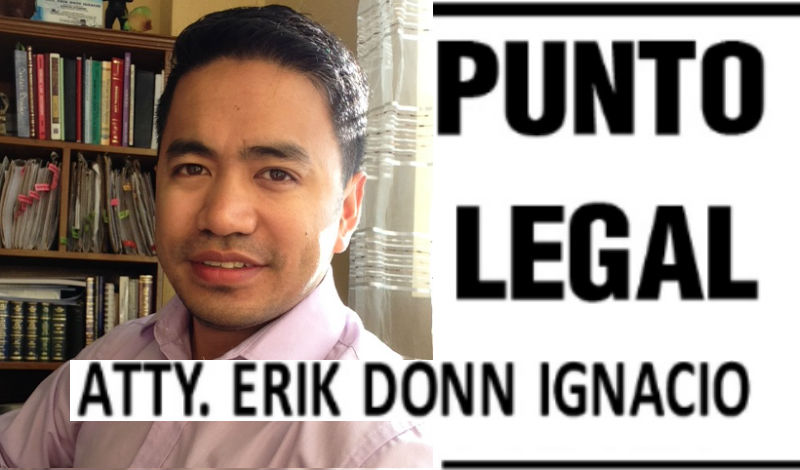Perhaps it has become a pattern in our country for the current administration to blame the previous one for many errors and blunders perhaps to excuse itself from responsibility. This is usually the case if the previous administration is not an ally of the present one. It is my suspicion that it is a political strategy which aims to obliterate the contributions of a past administration so that the policies of the present one become more acceptable to the people. In the transition between President Gloria Macapagal Arroyo (PGMA) and Benigno Aquino, the issue was the alleged massive corruption and irregularities committed by the previous administration. Cases were filed against the former president including her husband which eventually led to her arrest and detention. In an effort to uncover more “bones from the closet”, then President Benigno Aquino created through an executive order (EO) a Truth Commission. Before any substantial act can be done by the Commission, the constitutionality of the EO was questioned before the Supreme Court on the ground that it violated the equal protection clause of the Constitution.
The Executive Order that created the Commission was eventually declared unconstitutional by reason of its violation of the equal protection clause of the Constitution. The purpose of the commission might have been laudable because it can lead to the discovery of irregularities and prosecution of those involved, but the EO suffered a “congenital” error that cannot pass the test of constitutionality.
What is the “equal protection” clause?
Article III. The Bill of Rights of the Constitution states: “Section 1. No person shall be deprived of life, liberty, or property without due process of law, nor shall any person be denied the equal protection of the laws.” According to the Supreme Court, “the concept of equal justice under the law requires the state to govern impartially, and it may not draw distinctions between individuals solely on differences that are irrelevant to a legitimate governmental objective” (G.R. 192935 & G.R. 193036, 07 December 2010) It clearly appears that the EO only targets the previous administration of PGMA and not all of the previous administration before Aquino. The Commission was created to investigate the presidency of PGMA specifically. It could not target an individual of a certain class because “equal protection simply requires that all persons or things similarly situated should be treated alike, both as to rights conferred and responsibilities imposed”. In order for the EO to be considered constitutional, it should not target the administration of PGMA but all others that came before because they belong to a class- previous administrations. The EO violated Section 1 of the Bill of Rights because it excluded others in its application other individuals belonging to a class to whom it should be applied without distinction. The Supreme Court emphatically stated that “it must be borne in mind that the Arroyo administration is but just a member of a class, that is, a class of past administrations. It is not a class of its own. Not to include past administrations similarly situated constitutes arbitrariness which the equal protection clause cannot sanction. Such discriminating differentiation clearly reverberates to label the commission as a vehicle for vindictiveness and selective retribution.” The issuance was a “Spanish Inquisition” disguised as an innocent body aimed at finding the truth. No matter how noble, a law, order, or issuance that contravenes the highest law of the land cannot be countenanced. Truth and justice cannot be expected to prevail if the means to achieve it suffers from grave flaws itself.













